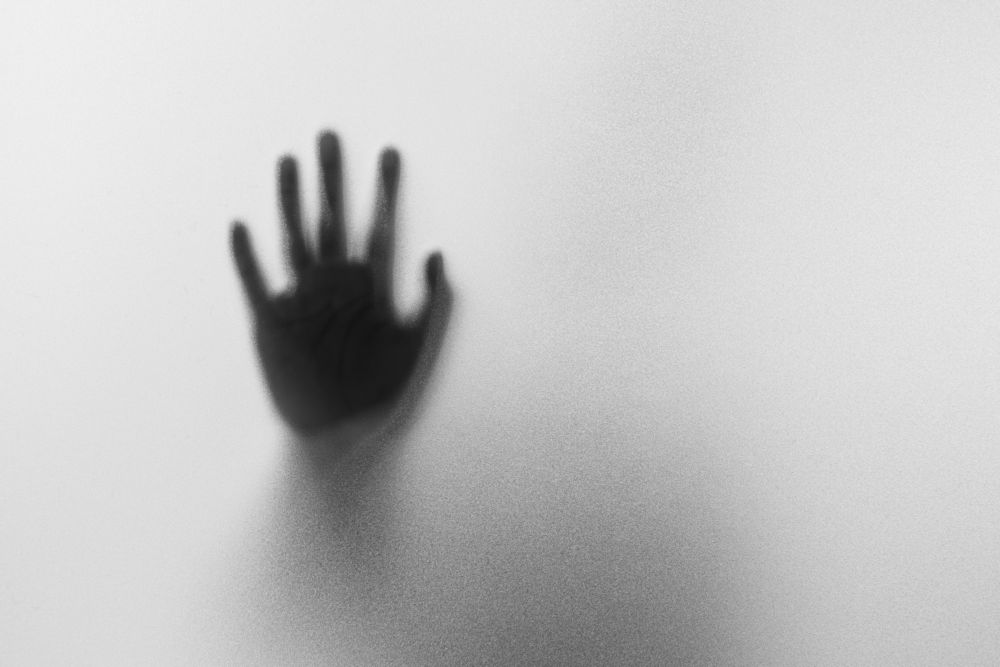What is meant when certain schools of psychology today warn us about our “shadow”? What’s our shadow?
In essence, it’s this: We have within us powerful, fiery energies that, for multiple reasons, we cannot consciously face and so we handle them by denial and repression so as to not have to deal with them. Metaphorically speaking, we bury them in the hidden ground of our souls where they are out of conscious sight and mind.
But there’s a problem: What we’ve buried doesn’t stay hidden. While these energies are out of conscious sight and conscious mind, they continue to deeply impact our feelings, thoughts and actions by pushing through in all kinds of unconscious ways to color our actions, mostly negatively. Our deep, innate energies will always act out, consciously or unconsciously. Carl Jung, one of the pioneer voices in this, says that we are doomed to act out unconsciously all the archetypal configurations that we do not access and control through conscious ritual.
Perhaps a simple image can be helpful in understanding this. Imagine living in a house with a basement beneath your living room, a basement into which you never venture, and every time you need to dispose of some garbage you simply open the basement door and dump the garbage there. For a while, that can work, it’s out of sight and out of mind; but soon enough that garbage will begin to ferment and its toxic fumes will begin to seep upward through the vents, polluting the air you breathe. It wasn’t a bother, for a time, but eventually it poisons the air.
That’s a helpful image, though it’s one-sided in that it has us only throwing our negative garbage downstairs. Interestingly, we also throw into that same place those parts of us that frighten us in their luminosity. Our own greatness also scares us, and we bury huge parts of it, too. Our shadow is not just made up of the negative parts that frighten us; it is also made up of the most luminous parts of us that we feel too frightened to handle. In the end, both the negative and positive energies inside us, which we are too frightened to handle, come from one and the same source, the image and likeness of God imprinted in us.
The most fundamental thing we believe about ourselves as Christians is that we are made in the image and likeness of God. However, it isn’t very helpful to imagine this as a beautiful icon stamped inside our souls. Rather, we might think of it as irrepressible divine energy, infinite eros and infinite spirit, constantly wrestling with the confines of our finitude. No surprise then that we have to contend with energies, feelings, pressures and impulses that frighten and threaten us in their magnitude.
Ironically, the struggle with this can be particularly trying for sensitive people; the more sensitive you are, morally and religiously, the more threatening these energies can be. Why? Because two fears tend to afflict sensitive souls. First, the fear of being egoistical. Greatness isn’t easy to carry and few carry it well, and sensitive souls know this. The wild and the wicked unreflectively feed off of sacred fire, except they aren’t known for their sensitivity and too often end up hurting others and themselves. Sensitive souls find themselves considerably more reflective and timid, and for good reason. They’re afraid of being full of themselves, egotists, unhealthily imposing. But that timidity doesn’t everywhere serve them well. Too sensitive in dealing with certain energies inside them, they sometimes end up too empty of God.
The second reason sensitive people tend to bury much of their luminosity is because they’re more in touch with that primal fear within us that’s expressed in the famous Greek myth of Prometheus, namely, that our most creative energies might somehow be an affront to God, that we might be stealing fire from the gods. Sensitive people worry about pride, about being too full of ego. Healthy as that is in itself, it often leads them to bury some or much of their luminosity.
The consequence isn’t good. Like the negative parts of ourselves we bury, our buried luminosity too begins to ferment, turn into toxic fumes, and seep upward through the vents of our consciousness. Those fumes take the form of free-range anger, jealousy, bitterness, and cold judgments of others. So much of our undirected anger, constantly looking for someone or something to land on, is the shadow side of a greatness, which is repressed and buried.
Where to go in the face of this? James Hillman suggests that a symptom suffers most when it doesn’t know where it belongs. We need more spiritual guides who can diagnose this. Too often our spiritualities have been naïve in their diagnosis of human pride and ego. We need more spiritual guides who can recognize how we too much bury parts of our luminosity and how our fear of being too full of ourselves can leave us too empty of God.
Oblate of Mary Immaculate Father Ronald Rolheiser is a specialist in the field of spirituality and systematic theology.
rnHis website is www.ronrolheiser.com.

